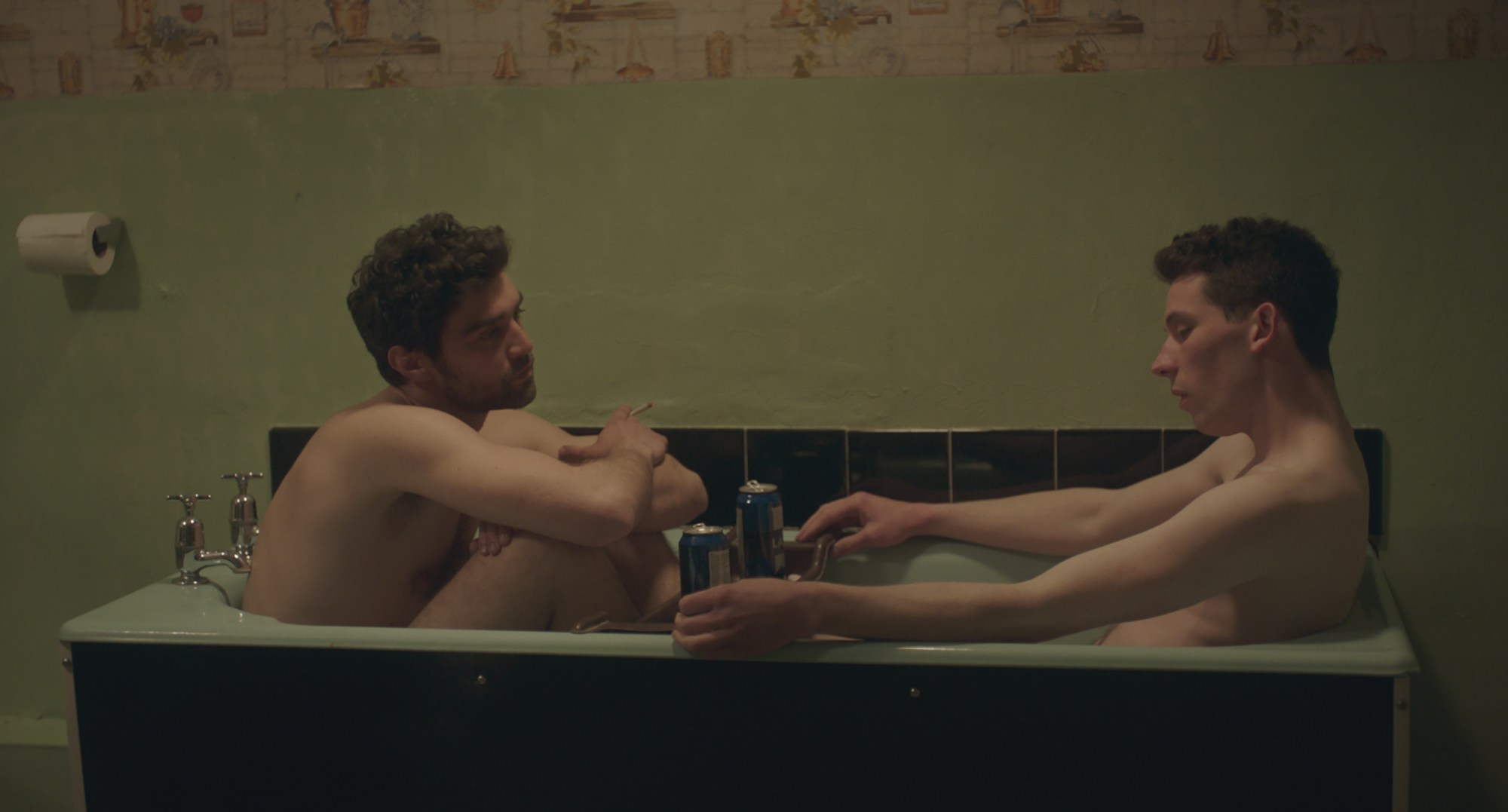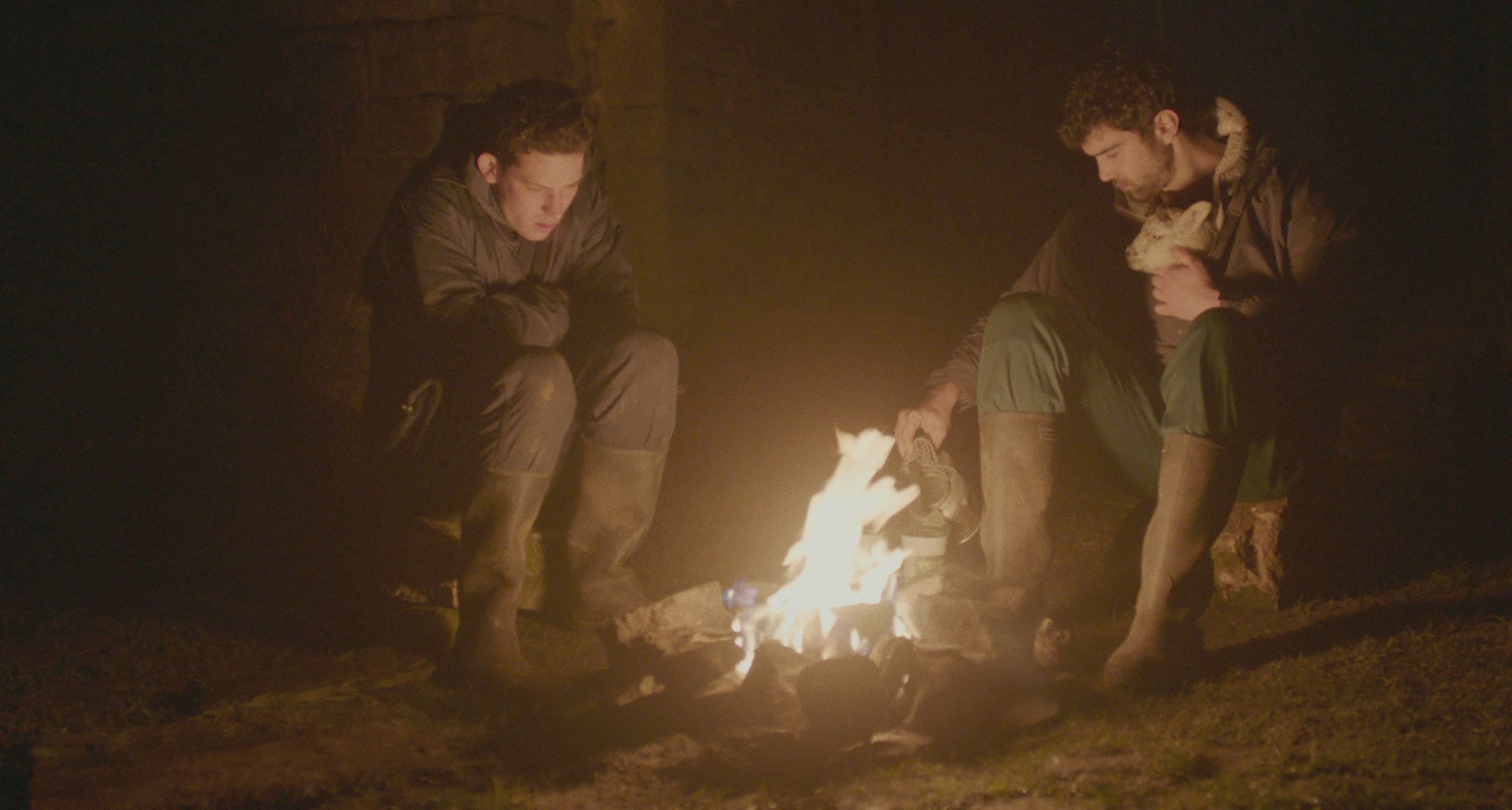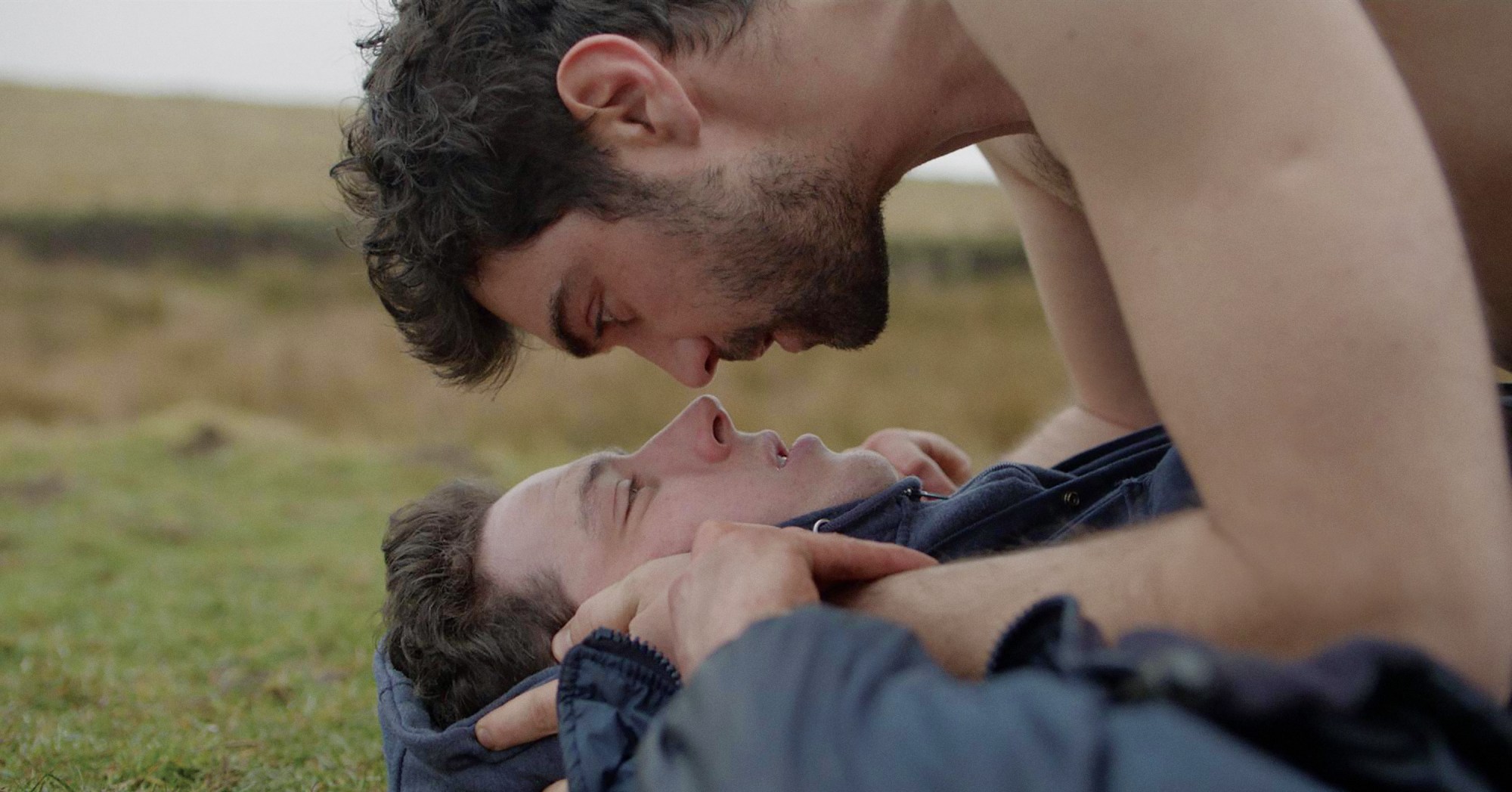The old Yorkshire saying “where there’s muck there’s brass” is apt for Francis Lee, whose debut film God’s Own Country has been scooping up awards at film festivals from Sundance to Berlin and Edinburgh this year.
It’s little wonder. God’s Own Country, with its story of two young men who fall for each while working on a Yorkshire farm, merges rootsy British realism with the thrill of romance, even if it’s to be found on on a cold fell in lambing season. By turns tender and sexy, the film is also a significant addition to the queer cinematic canon, and a part of the lineage of queer cinematic greats; something Francis is keen to highlight.
The director gave up an acting career in London and moved back home to Yorkshire to begin working on short films before making God’s Own Country. “This film stands on the shoulders of films like Weekend, Brokeback and Moonlight,” Francis explains.
”If you want to categorise this film as part of the queer or gay cinematic landscape, well I feel very indebted to those films.”
But God’s Own Country is also very much its own thing. It is not a coming out story, nor is its protagonist Johnny — played by Josh O’Connor — suffering any crisis of sexuality. In fact, he’s getting on with things in the stoic way of the community he lives in, using binge drinking, hook ups and passing out in a ditch as a way to cope with being in charge of his ailing family farm. Only when a Romanian migrant worker — played by Alec Secareanu — is the only respondent to an advert for hired help, Johnny is forced to reckon with his emotions.
From a hilltop above Lee’s home near Haworth, the only spot he can get mobile reception, the writer and director explains how he tapped into all those farmer feels.

How did you see Johnny’s sexuality in the film?
In terms of the character’s sexuality, I think he’s fine with who he has sex with. The difficulty comes in him moving forward and not just having sex but having an actual relationship and the journey he has to go on to achieve that because he is very closed emotionally for lots of reasons.
Why did you want to write a rural working class story?
That’s my experience. In terms of the cinematic landscape I’ve seen a lot of working class stories but they are usually urban and they are usually about benefits or problems with drugs or gangs. I’d never seen the world I knew depicted in the way in which I saw it. That’s where I come from, that’s where I live.
How did that feed into the visual mood?
It was important to depict the landscape in a way in which I’d not seen in a film before; that it was cold, wet, windy, that’s it’s hard work, that there’s mud. There’s only one landscape shot in the film and that’s because it’s the first time that Johnny sees the landscape. The rest of the time he doesn’t see it. That’s because of the way he has to live and work here and it becomes very oppressive.

The film has been compared to Brokeback Mountain. But isn’t there already references to Ang Lee’s film within yours?
Yeah, I love Brokeback Mountain I think it’s a wonderful film, I love the book. I’m not going to tell you where those references are but I was very aware that there would be comparisons and rather than shy away from that I wanted to celebrate that.
How did the character of Gheorghe come about?
When I gave up acting I got a job in a scrapyard and worked there to make money so I could make short films. One of the guys working there who is a friend of mine was from Romania. He’d come here to better and change his life. He spoke very eloquently about coming to this country, about the xenophobia he’d experienced. I was shocked and ashamed of our country and that kind of attitude towards people. I wanted to look at an outsider coming into this community, coming into it from a totally different perspective.
You filmed God’s Own Country before the EU referendum but the film carries a certain charge when viewed post Brexit. Did politics come into play at any point?
We didn’t re edit it or rethink the film after the referendum but it just made the story and the world and the characters more poignant. It just became apparent that what could potentially happen now is that two people could fall in love from two different countries in Europe and they can’t be together.
God’s Own Country is in cinemas from Friday 9 September
